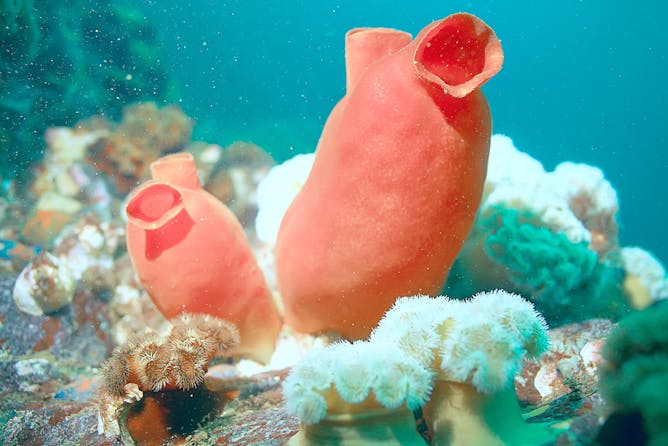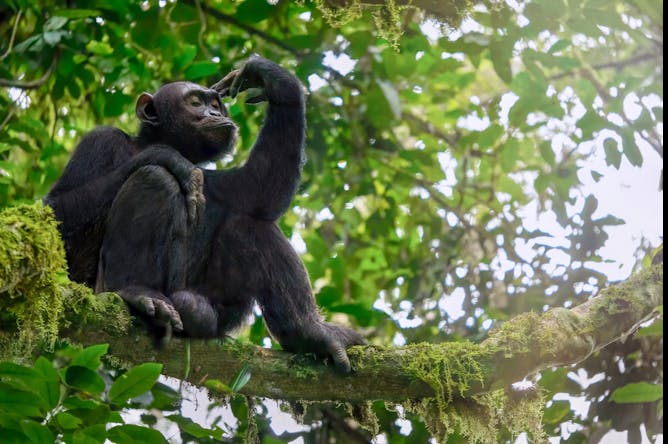|
|
|
|
Media coverage of UN peacekeeping operations invariably highlights violence and abuse. This narrative has contributed to decreasing budgets and stalemates in the UN Security Council, which has not authorised a new, major peacekeeping mission in eight years. But is this a true reflection of the UN's operations? Lise M. Howard argues not. Evidence suggests that these tragedies don’t tell the full story. She shares the numbers that show peacekeepers are keeping the peace and helping to save lives.
Some scientists consider ageing to be a disease, something that can be cured. So far, they have discovered over 200 “geroprotectors” - drugs that might delay or even reverse cellular ageing. The latest candidate is plasmalogen supplements made from sea squirts. In a new experiment, scientists in China fed the supplement to middle-aged mice and compared their mental performance to a control group of mice fed a regular diet. The mice given the supplement didn’t just halt age-related cognitive impairment, their memories actually improved. But before you rush out to buy plasmalogen supplements, please read Professor Ilaria Bellantuono’s take on the study.
|

|
Caroline Southey
Founding Editor
|
|

Lise M. Howard, Georgetown University
Peacekeeping missions grab the headlines when they’re associated with tragedy and death – but that isn’t their full story.
|

Ilaria Bellantuono, University of Sheffield
A compound in sea squirts seemed to reverse some of the signs of ageing in middle-aged mice, but will it work in humans?
|
|
|
-
Michael Siegel, Tufts University
A closer look at firearms sales reveals some interesting trends that should be part of America’s ongoing conversation about the root causes of gun violence.
-
Peter Squires, University of Brighton
Gun ownership is not the only factor that needs considering to tackle gun crime, an expert says.
-
Oluwole Ojewale, Institute for Security Studies
Coltan is indispensable to the making of modern electronic devices but its mining causes human and environmental disasters in the DR Congo.
-
Owen Greene, University of Bradford
The nation’s military strengths will add a considerable amount to Nato’s capabilities around the Baltic, an expert says.
-
Ryan Layer, University of Colorado Boulder
Tumors contain thousands of genetic changes, but only a few are actually cancer-causing. A quicker way to identify these driver mutations could lead to more targeted cancer treatments.
|
|
|
|

Emmanuel A Stamatakis, University of Cambridge; Andrea Luppi, University of Cambridge; David Menon, University of Cambridge
Human brains seem to be wired differently to those of chimps or macaques.
|
|
|
-
Daniel Merino, The Conversation; Gemma Ware, The Conversation
And after India banned wheat exports in May due to the high temperatures, we find out how vulnerable crops are to extreme heat. Listen to The Conversation Weekly podcast.
-
Alex Farnsworth, University of Bristol; Paul Valdes, University of Bristol; Robert Spicer, The Open University
Yes, dinosaurs really did survive in snow – we simulated the Cretaceous climate to prove it.
-
Stefan Stern, City, University of London
Instead of facing Sue Gray’s findings like a leader, the prime minister again engages in deceit, deflection and denial.
|
|
| |
| |
| |
| |
|
|
|
|
|
|
|